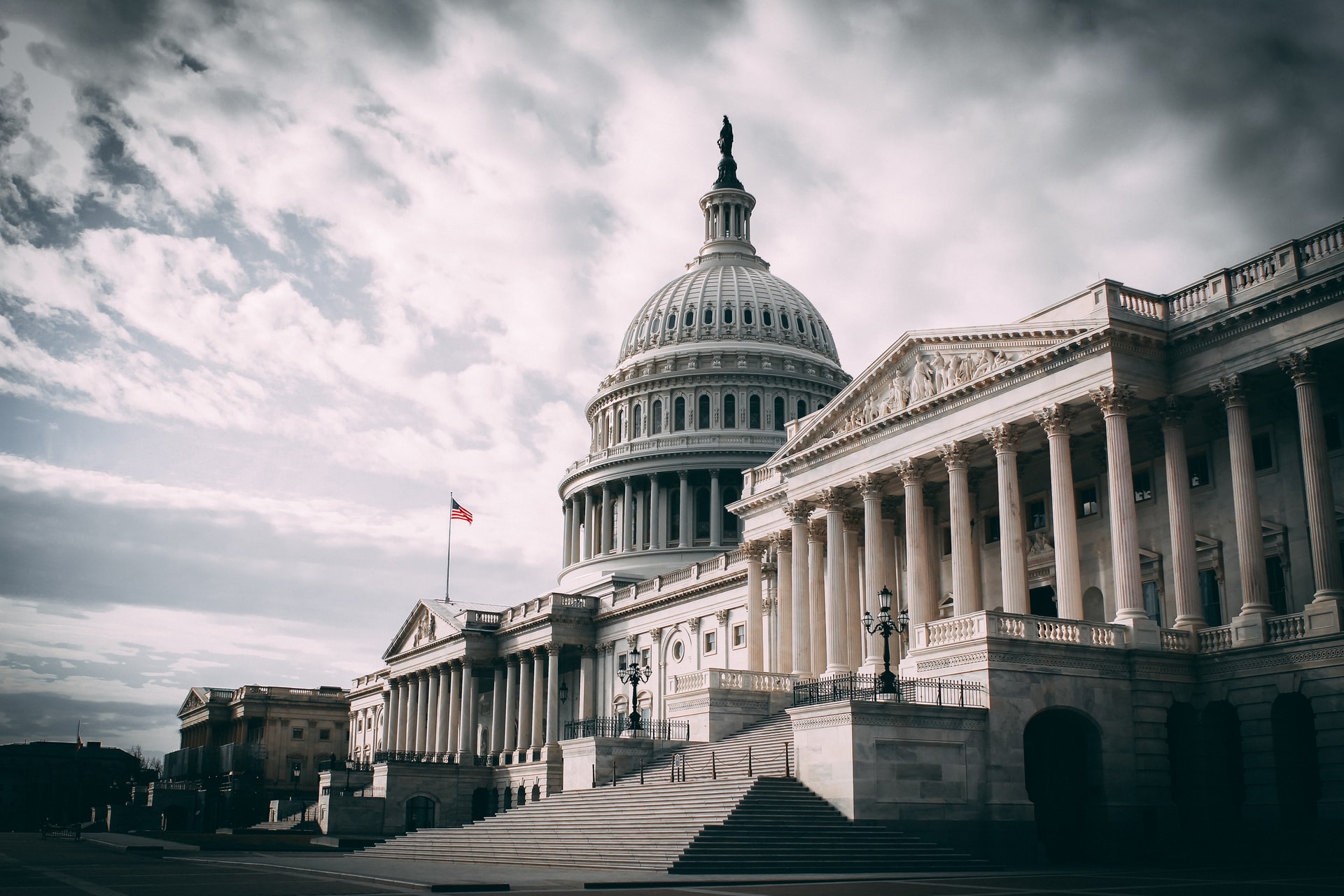A Brief Summary On American Tax Relief In Light Of COVID-19
April 17, 2020
written on behalf of Feigenbaum Law
COVID-19 has provided Canadian businesses with operational challenges that few could have foreseen, even just months ago. For Canadian businesses with operations in the United States, or Americans living in Canada, it might be difficult to understand how COVID-19-related legislation in the United States might impact them. This is a rapidly-evolving environment, but we wanted to take a moment to share the latest in this complex environment.
The CARES Act
The United States passed the Coronavirus Aid, Relief, and Economic Security Act (the Act) into law on March 27, 2020. It impacts both employees and employers, with the aim of providing economic relief in light of the fallout from COVID-19. Below are some of the provisions of the Act which could impact Canadian businesses with US operations or Americans living in Canada who are struggling with payroll management or personal financial instability in light of a reduction in business or loss of income.
Payroll Tax Measures
The Act allows employers to suspend (but not eliminate) payment of the employer portion of the Social Security Tax (6.2% of wages). This will remain in effect until the end of the 2021 calendar year. However, at the conclusion of this period, employers will be responsible to pay back 50% of those deferred contributions. The remaining 50% will become due on December 31, 2022. There are no eligibility requirements to be met in order to take advantage of this suspension.
Businesses who have fully or partially suspended operations due to government orders related to COVID-19, or those who have suffered gross receipts amounting to less than 50% of those from last year, are eligible for a 50% refundable payroll tax credit on employee wages up to $10,000. The size of a business is an important consideration here. For those businesses with fewer than 100 employees, all wages are eligible (even if the operations related to those wages have been discontinued). For those with more than 100 employees, only those who are not currently providing services are eligible.
Personal Aid for Individuals
One of the most-discussed relief provisions is the $1,200 stimulus cheques being provided to individuals. In addition to $1,200 for each adult in a home, $500 is also being provided for each child in a home. There are eligibility considerations, however. The amount of income a person makes can reduce the amount they receive, with those making over $99,000 being ineligible for payment. These payments are available to U.S. citizens and green card holders living in Canada.
People who have had to withdraw money from their qualified retirement plans, such as a 401(k), may also be eligible to avoid certain penalties, including a 10% early withdrawal penalty for those who take money out prior to being 59.5 years old. However, this relief is generally only available to those who are taking care of someone in their home who has COVID-19 or has faced economic hardship in light of the virus. It should also be noted that the waiving of the penalties is only temporary and repayment will be required in the future.
The state of the economy in both the U.S. and Canada has no doubt taken a major hit as a result of the health precautions put in place to reduce the spread of the virus and flatten the curve in order to avoid overwhelming the health care industry during this time. Both countries are continuing to monitor the needs of their citizens and adjust policies and funding in order to meet those needs. We are continuing to monitor all changes on both sides of the border and will provide updates as they become available.
At Feigenbaum Law, we have a comprehensive and authoritative knowledge of U.S. and Canadian tax law and help people, including dual or American citizens, navigate their tax obligations and responsibilities. We work with clients in both the United States and Canada. Please call us at (416) 777-8433 or reach us online to see how we can help you today.





